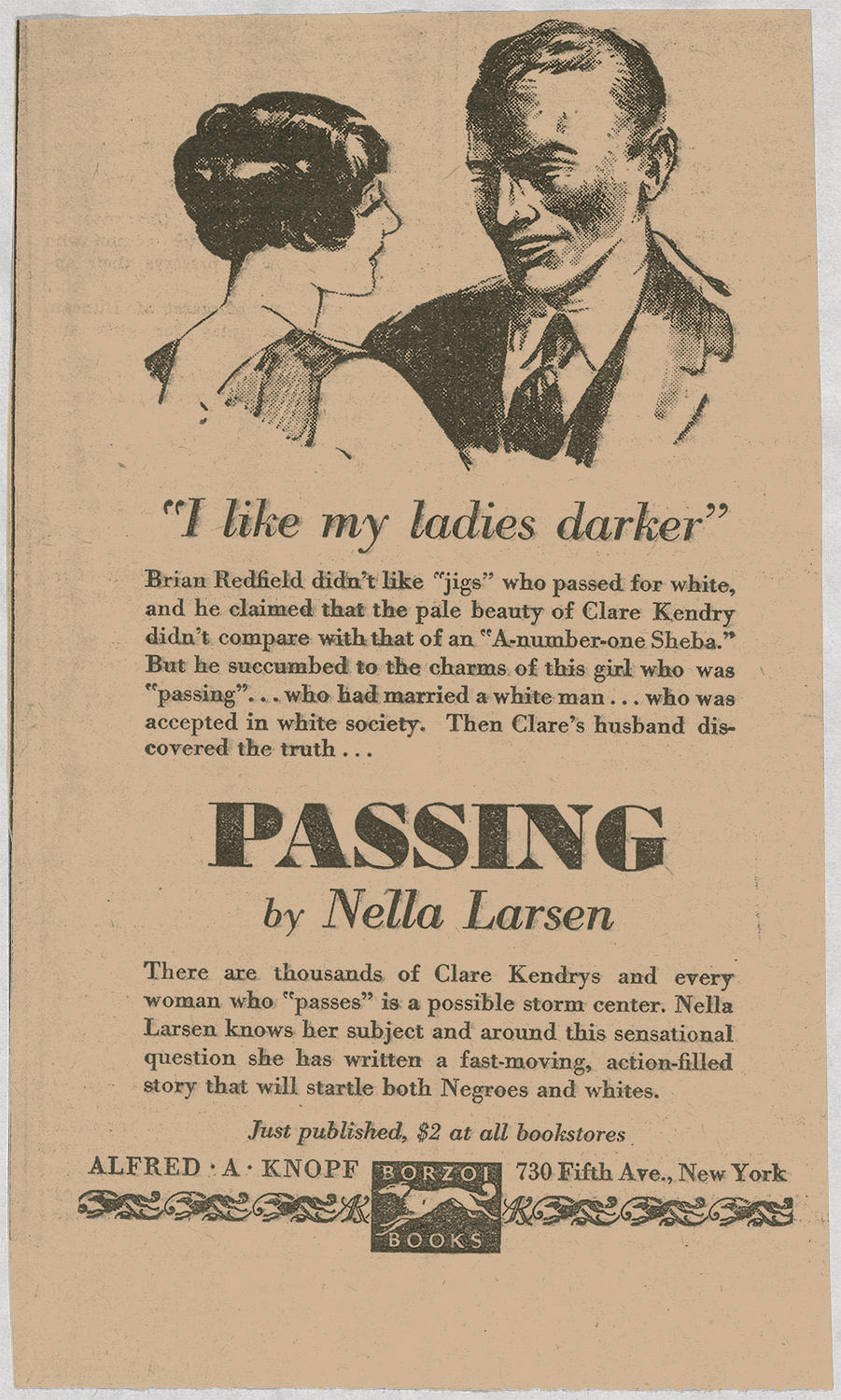Allyson HobbsPosted in Articles, History, Interviews, Media Archive, Passing, United States on 2015-06-10 20:47Z by Steven |
Morris Educational Foundation
Morristown, New Jersey
2015-05-04
Each issue, we are pleased to circle back with one of our Morristown High School esteemed alumni and catch up.
This spring we caught up with Allyson Hobbs, MHS Class of ’93…
Allyson Hobbs, MHS Class of 1993, Author & Assistant Professor at Stanford University
After graduating Morristown High School in 1993, Allyson attended Harvard University and graduated magna cum laude in 1997. After that, she worked at an advertising agency in New York City for a few years. However, in search of finding her professional passion, she decided to apply to graduate school and attended University of Chicago where she received a Ph.D. with distinction. It was through her experience there that she determined she wanted to pursue her book and a teaching. She has received fellowships from the Ford Foundation, the Michelle R. Clayman Institute for Gender Research, and the Center for the Comparative Study of Race and Ethnicity at Stanford. At Stanford, Allyson teaches courses on American identity, African American history, African American women’s history, and twentieth century American history. She has won numerous teaching awards including the Phi Beta Kappa Teaching Prize and the St. Clair Drake Teaching Award. She gave a TEDx talk at Stanford, she has appeared on C-SPAN and National Public Radio, and her work has been featured on CNN.com and Slate.com.
Allyson’s first book, A Chosen Exile: A History of Racial Passing in American Life, published by Harvard University Press in October 2014, examines the phenomenon of racial passing in the United States from the late eighteenth century to the present. A Chosen Exile has been featured on National Public Radio’s All Things Considered, the Tavis Smiley Show on Public Radio International, and the Madison Show on SiriusXM.
On a visit back to the East Coast, we visited Allyson and caught up…
…MEF: “Tell us more about your book?”
AH: “Writing the book has been an incredible experience. My book is about racial passing where light-skinned African Americans pass as white during the late 18th century to present. The inspiration for the book was a story about a relative of mine that my aunt had told me about. During the 1920’s and 30’s I had a female cousin who grew up in the Southside of Chicago. She attended a predominately black high school living in a historic African-American neighborhood. After graduating from high school, her mom decided she wanted her to move to California and live life as a white woman. Since she was light-skinned, her mother believed this was the best thing she could do for her daughter giving her more opportunity and better life experiences. Her cousin did not want to go and pleaded with her mom not wanting to leave the life she known, her community, and her friends. However, her mom insisted so she moved to LA, married a white man, had children (who had no idea about her past). Ten years later she receives a call from her mom to come back immediately because father is dying. She said she couldn’t come back as she is a white woman now, a life you forced me to have. That story inspired my book and really made me want to explore the history of passing. We think of passing as a story about individualism and a way to get ahead. We don’t think about people who were so impacted, the story of all the people around them, families, friends, people who have to be accomplices, people who have to keep secret. I also felt that we often look at what is to gain by passing, I thought what would the story would look like with what is lost by passing.”…
Read the entire interview here.




